How Well Do ‘Elites’ Understand the Metacrisis?
featured image | by Ingo Joseph, pexels.com
Excerpted with permission from a presentation given as part of Sterling College’s Surviving the Future: The Deeper Dive with Shaun Chamberlin. And with appreciation for Nate Hagen’s The Great Simplification podcast and animation series.
How well do “elites” understand the metacrisis?
I have lots of feelings on that. I think it’s a mixed bag. I think if you’re an elite, you have access to very good information usually. And I think almost all of the elites expect some event is coming this decade and they’re preparing for it. Anyone right of center probably doesn’t care about climate change or ocean temperatures or biodiversity as much as many of us, but they’re looking at geopolitics, they’re looking at central banks and things like that.
That said, I’ve talked to a lot politicians and wealthy people, and a lot of them do get it. They don’t voice it out in public – the military, the US and the elite billionaires and power brokers of the world – maybe there’s a thousand or two thousand of them. I think we’re really in trouble unless we can change the consciousness of that group because that group is going to continue to funnel more and more money into the super organism. They’re going to own their own AIs. There’s going to be a hundred AIs around the world that are uber powerful and just (not so metaphorically) eat the Earth.
And I’m all for building local resilience and having eco-Jedi all around the Earth and protecting other creatures and ecosystems and living more locally, but I think I do increasingly believe that there needs to be interventions and a change of consciousness and awareness.
And it is true. I don’t know how hard it would be actually, other than a lot of those people are dark triad personality disorders. But I actually think there’s no saving yourself. We’re going to have to save the whole. I mean, living in a bunker, what kind of life is that? So, I’m actually going to try to spend more time intervening with those groups. I’m going to Utah in a few weeks with a big group of those people. And I’m going to say that trying to save yourself in a bunker is the wrong strategy. We need to bend and not break our society. Otherwise, it would be bad. Kind of like crossing the streams in the Ghostbuster movie.
I think we are approaching a period where speaking truth to power is going to become more dangerous in our spheres in the United States. I mean already here in India, in Ecuador, in China, in other places, environmental activists get assassinated. And especially with AI, we’re not going to know what’s true and what’s not. And I feel strongly that we have to speak the truth as we know it. But I also feel like there’s going to be a left-leaning and a right-leaning authoritarian bent. So, talking this way is going to be increasingly more risky than it has been.
I’m in a town called Auroville in India, and Auroville was the OG of intentional communities. There’s 3,500 people here, and there’s locally grown restaurants and everyone bikes around. It’s not a utopia, but every morning you hear all the temples and people are singing and they get together and they chant, and then they cook, and it’s a really spiritual place. They do not use much energy at all. So it can be done.
I have a small staff and one of the things I’m doing here in India is strategizing on how we could help the world in the best way, given a two to seven year timeframe. And I think community is the best answer and not for the reasons that I had thought. When you say, ‘Oh, we need more community,’ it’s like, okay, we’re going to grow food together and have local systems and share and you can use my lawnmower. And I think all those things are good.
Being here, I’ve actually learned something quite different. In the morning at 6:00 AM we’re chanting. And I learned that these Indian chants were designed by ancient people of wisdom before the Hindu religion was even evolved to resonate in our bodies and create this feeling of wellbeing. And so, the community here, we cook together, we chant together, we have these conversations and my body feels healthy and so much better than the frenetic individualistic life that I have in the United States.
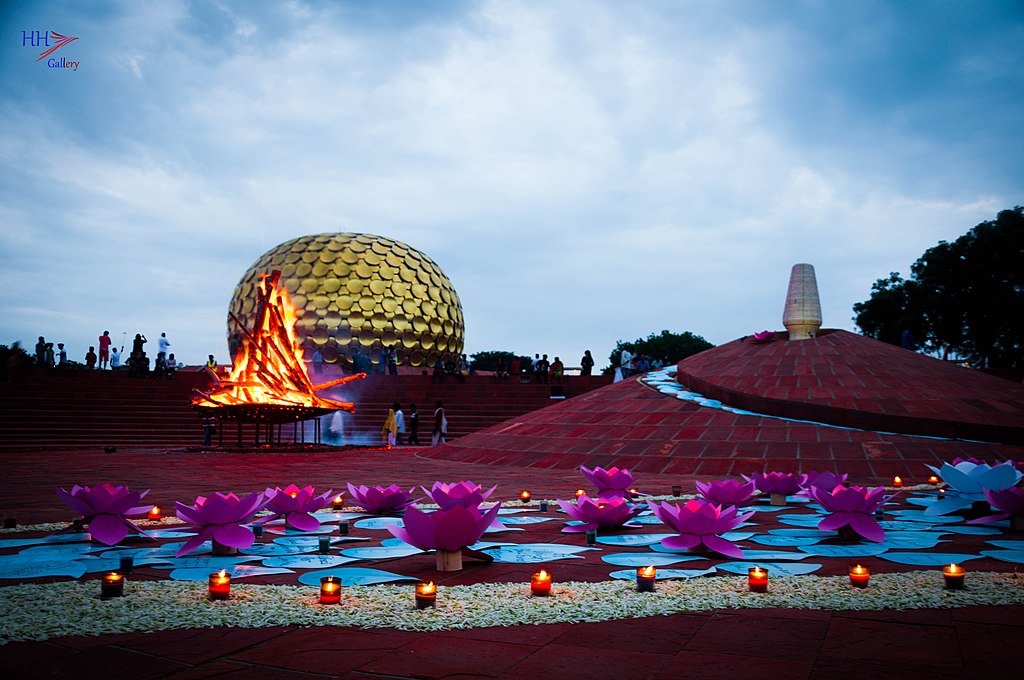
So to me, the importance of community is how it makes my physical being more aligned with my ancestors’ physical being – and then all the sharing, like the lawnmower. And I’ll help you, you help me. That’s all an added benefit. But I actually think building community like that is super important. I would like to maybe create some sort of a video series that could be viewed in Brighton UK or Topeka, Kansas or somewhere in China that people could get a rough hologram of what we face. But then there would be a way that they could converse and interact and develop community all around the world. Those people that are ahead of the curve on that can act as rocks in the river as the water starts rushing, they’re big enough, solid enough rocks that they don’t tumble down.
And so, somehow to build a Great Simplification community, decentralized around the world, that every community would have different answers and different contexts, but there would be kind of a scout team that has the real human predicament in their mind and is working on all these issues.
So, long story short, start having conversations in your community, especially with people that you might not normally agree with. Because ultimately most of us care about the same things. And at the margins we’re disagreeing about everything. But in our towns we agree on healthy food and safe schools for our kids and all those things. And the world is about to become much bigger again. So I think community is the thing that I would promote the most.
I ultimately think society is not going to change en masse ahead of what’s coming, and we’re going to need pilots – as individuals and as communities. Some will fail and some will be pretty good and some will be amazing that other people want to follow. And so, one of the reasons I’m here in India is, we truly are in this carbon trap. And because we’re social primates, we look to others for confirmation on what to do. And we need more people being comfortable not wearing fancy clothes and not taking trips and doing things locally and singing and growing food instead of having some speedboat they bought. And I think some of that is happening naturally because young people don’t have as much money and don’t need as much. But can you imagine if what we consider for status changes from real estate, shopping centers, and bling to kindness and ecosystem protection and local community?
The social discourse is what I worry the most about. For a quarter of the people, climate change is a socialist hoax and it’s ridiculous. “The earth has warmed and it will again”. And another quarter is like, “Oh my God, you’re so naive. It’s much worse than that. We’re all going to die by 2035”.
I think the carbon pulse has skewed our biological template towards being individualistic and competitive and that is not our destiny or our genome. I think a lot of the people who are CEOs and national politicians do have a preponderance of narcissism, Machiavellianism and psychopathy. And so it’s not a human behavior thing, it’s the way that our culture has trained our human behavior. I’m most interested in the levers and how we might be able to shift them or at least shift them in certain pockets around the world.
Coping
How do we cope with this story? And I think the first things we have to expand in our quiver of arrows are really basic human things like music and love and laughter and hanging out with your dogs and walking in nature. Collapse is a movie that we’re kind of compelled to watch, but don’t watch it all the time and make sure and live your life in the best way that humans can experience things. Another is that this is a sad story for me. I grieved long ago for the gap between what culture is telling us in the media and the movies and the politicians, and what the reality that I perceive is. And being sad for that loss is perfectly normal.
You should not feel any guilt or shame about feeling grief about this. If you felt unconcerned or unmoved or this was funny or something, then I would be worried. So feeling a little grief is appropriate and I think reflecting on that as an individual and also talking about it with another person or a group of people is really helpful. Talking about this stuff with another human being, even if you don’t come up with answers, reduces your cortisol, which is a stress hormone. It boosts your helper T cells, which boosts your immune system. So I encourage that. Also, keep perspective – we’re near the top of the carbon pulse. If I told you that you would be left alone on an ice flow and it was negative 20 degrees Fahrenheit and windy outside, you would think that’s a death sentence. But to an Inuit, that’s like another normal day.
I look at these people in India who have virtually nothing and sleep on the floor in these tiny little mats and eat rice and there’s bugs everywhere and they’re still smiling and laughing. We have to keep perspective of where we are. I’m pretty sure that things in the world are going to be worse than the average person expects, but I’m also pretty confident that they’re going to be better than a lot of us fear. So keeping perspective is important. Also keep in mind gratitude every day, be thankful for the amazing things that we have access to- not take it for granted – and really appreciate it.
One skill that I’ve learned over time is to compartmentalize different aspects of this. I’m focused on climate change and learning about what’s going on. I’m uber focused for six hours or four hours on that, but then I don’t dwell on it for the rest of the week because if I did, it would disrupt living my life and other things.
Another recommendation is to start being more comfortable carrying dissonance, carrying uncertainty. When the average human hears this story, they respond with polar extremes of “this guy’s an idiot – humans will find something we always have” or “man we’re screwed. It’s Mad Max, there’s nothing we can do.” And both of those extremes have one thing in common, which is that it obviates the need for any personal response or action. But the reality is, most likely the future will be in the middle. So we need to be more comfortable with uncertainty and navigate the pathway between fantasy and doom. There are two kinds of goals we can set. There’s conditional goals that depend on who’s president or how much money I make in my job. There’s also unconditional goals, which is something that only you have control over, like planting a garden or learning a skill. And when you accomplish an unconditional goal, you get very large psychic benefits from doing that.
Simplify
Simplify first and beat the rush. It’s a little bit hypocritical for me to include this when I have a 10 foot by 20 foot storage shed, which I pay $125 a month for the last seven years. And I haven’t gone through and jettisoned the items that were the ghost of dopamine past in my life. But I’m trying. And I think for many of us in the western world to have so many material things is not making us happy or healthy. Simplify and use less energy and resources – not to save the planet – but to be more personally flexible and resilient as future events come is good advice.
Forest bathing. There is the Japanese term, shirin-yoku, ‘absorbing the forest atmosphere’. Spending time in nature gives you huge physical and psychic benefits. And I do that in India and I do it back in Wisconsin as well.
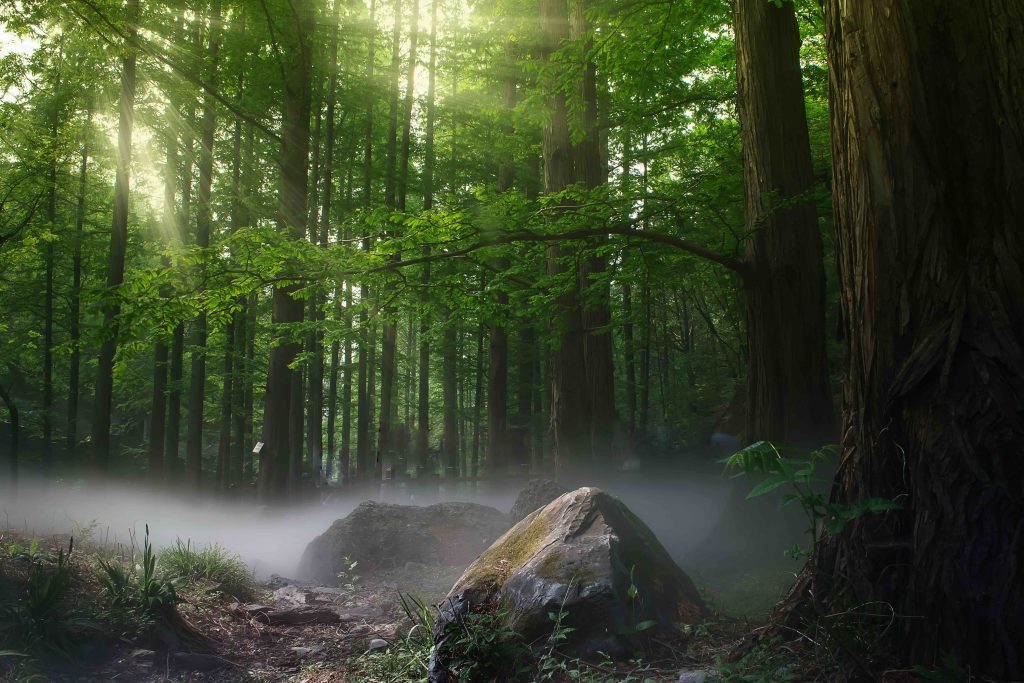
Purpose
A lot of people don’t have a feeling strongly of purpose. Just try In the next month or so, give yourself a 24-hour vacation from other people and your phone in a place you find meaningful and ask yourself, “who do I wish to be in this life and why do I have that wish and how might I make that real”? And the answers aren’t for anyone else but yourself. And you might be happy that you had that discussion with yourself. Try and avoid the consensus trance. We have so many confident and charismatic people saying “this is the answer, this is the way things are going to be”. Follow your own instinct.
Do research if you need to but be confident in your own inner judgment. An inner compass sharpens the sword over time. And the sword in this case is you.
Finally, some suggestions for engaging with the broader challenges of our world. Finding a tribe of like-minded humans is really, really potent. And you could find different tribes that have different objectives. One might be those that share your values and your ethics. Or you might find a group of people that you really love and cook together and listen to music together.
And I think if you’re confused or unclear of your direction, you don’t have to know everything now. Keep learning and assimilate the human predicament and just take a little step in a direction that feels right to you. I think we get a lot of advice and sometimes scolding, especially from the environmental movement, that we shouldn’t eat meat, we shouldn’t drive a car, we need to have solar panels. We should never fly. And all that is probably good personal hygiene for the times we’re alive. But I would instead encourage you all to maximize your impact instead of minimizing your impact. I would much rather have a larger impact on the world and our future than one 8-billionth of a smaller impact on my footprint.
We have many people in our society, architects and analysts and engineers that are planning the future. I actually think it’s backward. We’re going to need artists and poets and warriors and mystics to envision and move towards the future that we want and then get the architects and engineers involved to construct that. So don’t be afraid to be a warrior and a mystic in the spheres that you care about.
I’ll leave with this quote by Ilya Prigogine:
“When a system is far from equilibrium, small islands of coherence have the capacity to shift the entire system.”
Perhaps systems-aware, Surviving the Future students could be such islands of coherence. Thank you all. That’s all I have.



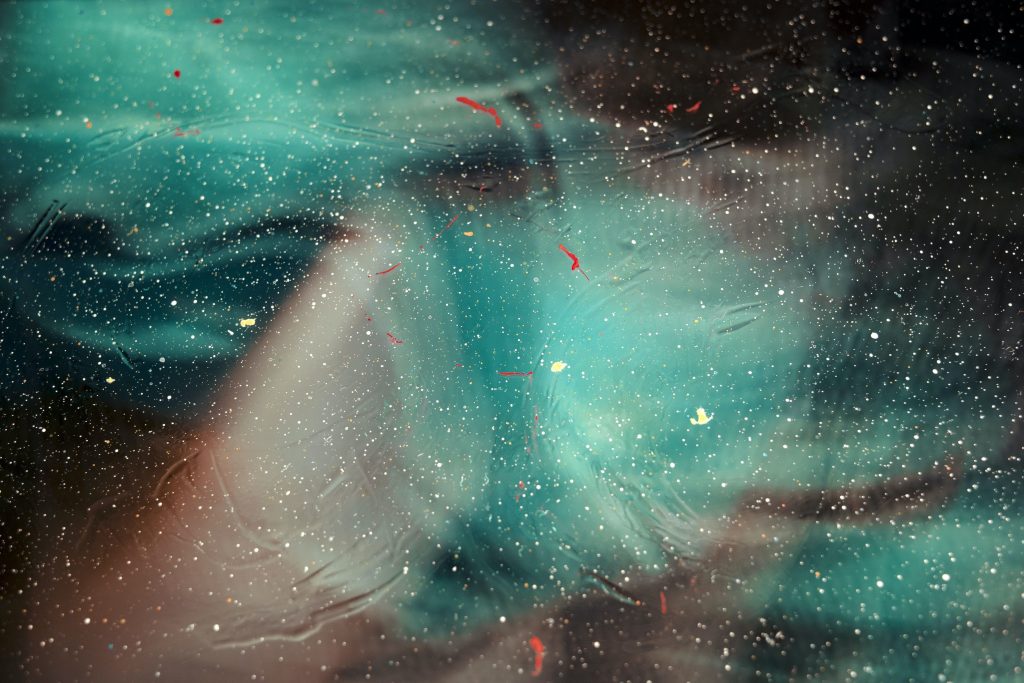
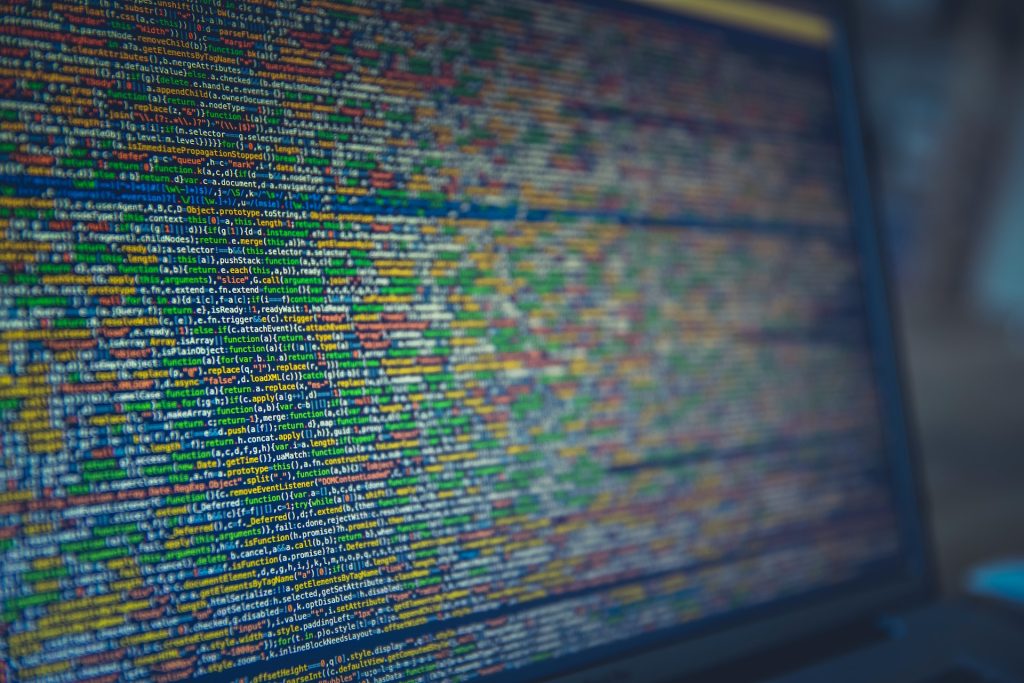
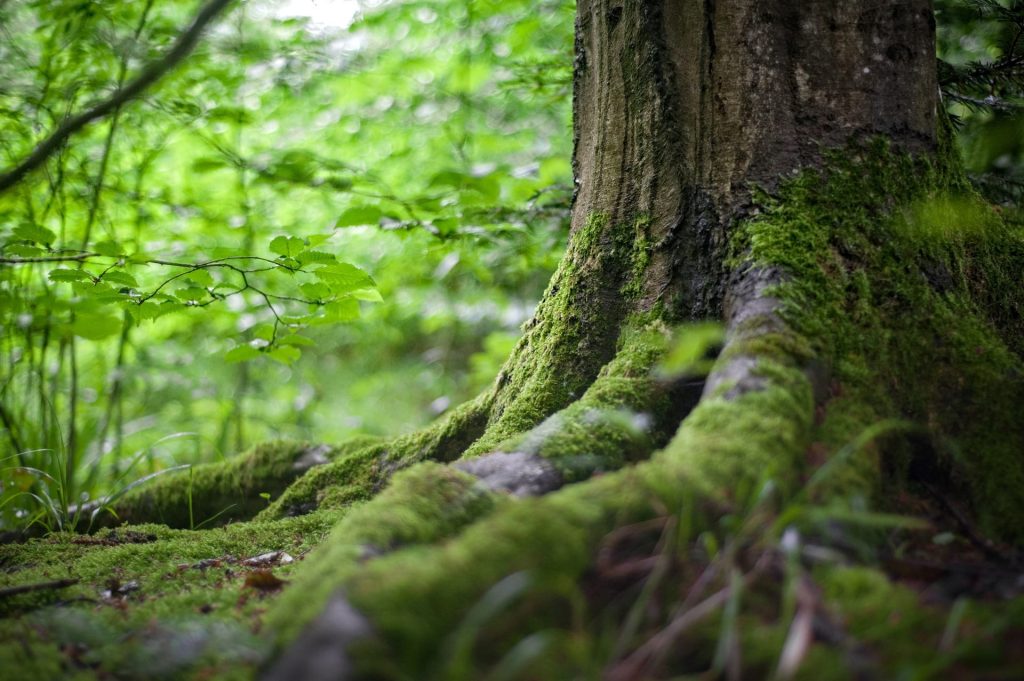
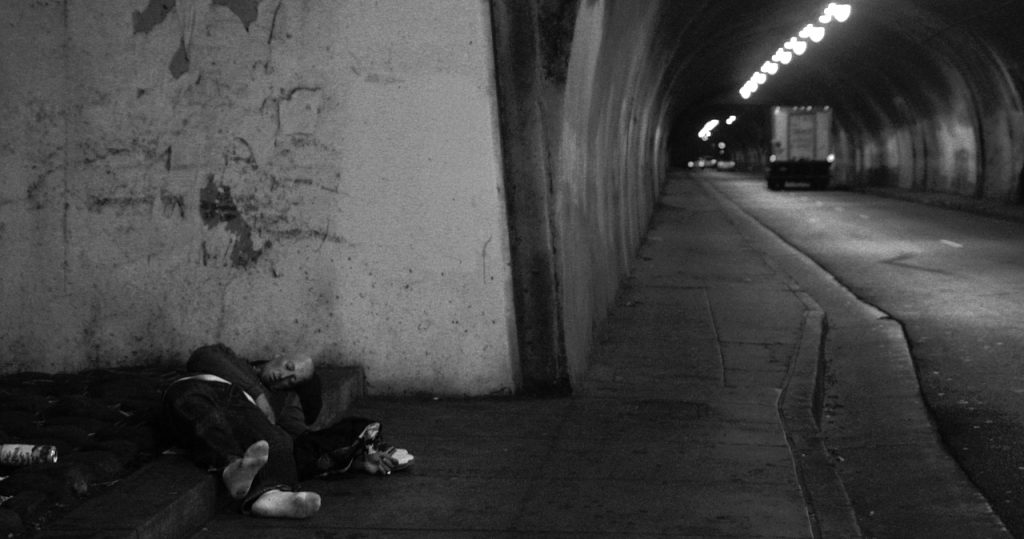
Thanks for this excellent article.
Since you put Auroville front and center, I wanted to write before someone who is familiar with the place writes something negative. There are many challenging things happening there; the Indian government stepping in and trying to immorally take over; the many many mistakes that Aurovillians themselves will admit they have made.
However, it is worth saying – again, front and center – that Auroville was inspired by two individuals whose sole purpose in life was to tell humanity about the coming radical changes; and they lived from the late 1800s to the mid to late 1900s: Sri Aurobindo and Mirra Alfassa (more commonly known simply as “the Mother”)
Before you leave Auroville, please ask some folks there for some recommendations as to what you might find most helpful among their writings. Personally, in over 50 years of looking, I’ve never found a more compelling integration of a true spirituality with a profoundly new socio-political-economic vision than in their writings, particularly Sri Aurobindo’s “The Human Cycle” and “The Ideal of Human Unity.”
To give them “street cred,” I might also mention that Sri Aurobindo was the leader of the Indian independence movement (having come up with the idea of non-cooperation) before Gandhi came on the scene. And both Mother and Sri Aurobindo were regularly consulted with by the Indian government over a number of decades (several wise observers say that Sri Aurobindo, in the early 1940s, urged a solution to Hindu-Muslim conflict that if followed, would have prevented the Pakistan-Indian split, and possibly have radically changed not just that region but much throughout the world.
Thanks Don for the reminders. A deep bow of gratitude to them both.